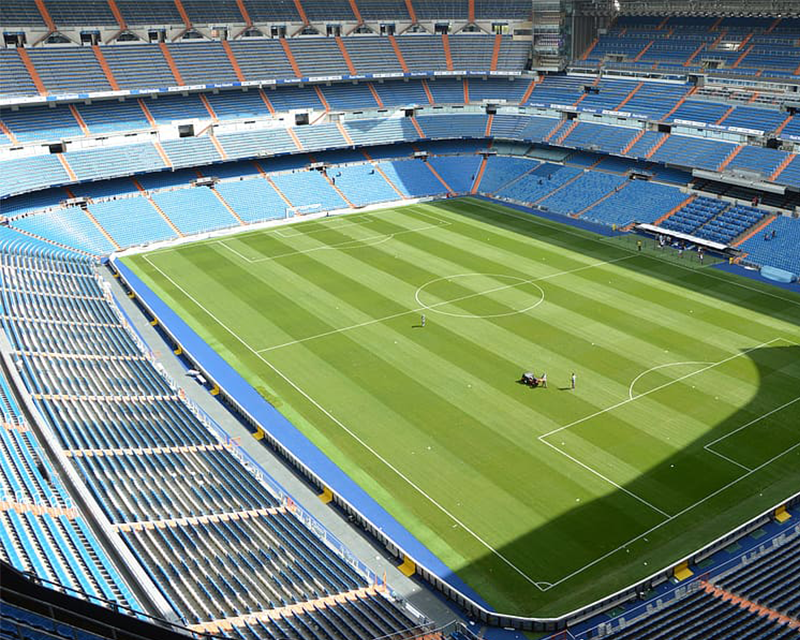Following the NBA’s suspension of play on March 11, sports leagues across the world followed suit and indefinitely canceled sporting events. In Japan, Olympic organizers announced that the 2020 games would be delayed a full year. Major soccer events such as the finals of both the Champions League and Europa League have also been postponed, alongside regular season matches in the Premier League and La Liga. American athletic organizations such as the MLB and NHL have also suspended play. The MLB has placed a hiatus on its spring training games, which will likely force its regular season to likewise be delayed. Like the NBA, the NHL was forced to halt games in the midst of regular season play. The NFL was slightly more fortunate; currently in its annual offseason, the NFL has not been forced to reschedule any games, although restrictions have been placed on player scouting events and practices.
“I think of all sports leagues, the NBA will be the hardest hit by the coronavirus pandemic,” said Jacob Lim, varsity basketball player and sports fan. “Coronavirus might be a problem for the NBA not only this year, but also for years to come. There are many experts saying that coronavirus might become a seasonal thing like the flu. If this is true, then as the longest winter sport, the NBA might be faced with a coronavirus-related challenge every season for the foreseeable future.”
Return dates for sporting events currently remain ambiguous. League executives in multiple sports have avoided predicting specific return dates, although the general consensus seems to indicate that a return to normalcy is months away. Many leagues have proposed alternative methods of restarting play. The Premier League and English Football League have proposed resuming games on April 30 without fans. However, even if league executives around the world decide to restart matches behind closed doors, resistance from players may prevent the revival of games. For instance, some players have threatened to refuse to compete if the Premier and English Football Leagues move forward with the aforementioned April 30 plan.
“Closed door play is fine by me,” said Timothy Munro, boys varsity basketball coach. “I watch [athletes] play behind closed doors anyways because I don’t live in a location to watch them live! Stadiums could have ‘canned cheering’ roaring through scoring runs, amazing plays, or strong defense. The noise can be conjured if that’s the issue for players. But, if they are being paid to play and are told to play by the owners, they should play. All assuming, of course, they are not putting themselves at risk.”
The COVID-19 pandemic may leave a lasting impact on sports leagues beyond the short term cancelation of games. In the NFL, in-person workouts and medical examinations have been banned for college players entering the 2020 NFL draft. This may negatively impact players with lingering injury questions who would normally rely on said workouts to disprove the medical concerns of team scouts. For instance, the lack of in-person workouts may allow talented but medically questionable prospects such as Tua Tagovailoa, who was widely predicted to be the first overall pick in the 2020 draft before a major injury, to fall in the draft. In soccer, delayed matches could create conflict due to player contracts expiring in the middle of a restarted season. Leagues such as the NHL and NBA may also face problems hosting a draft if seasons are not completed quickly, as end-of-season rankings are typically used to determine the order that teams pick prospects.
“While I personally don’t think coronavirus will have a profound impact on sports beyond the current, affected season, I believe that this pandemic will have an effect on infected players,” said Leo Park (11), avid sports fan. “I read in an article that coronavirus may have lasting effects on people’s lungs, even after they have fully recovered from the virus. Therefore, athletes who were previously diagnosed with coronavirus may not be able to play to their fullest extent even after they recover.”

